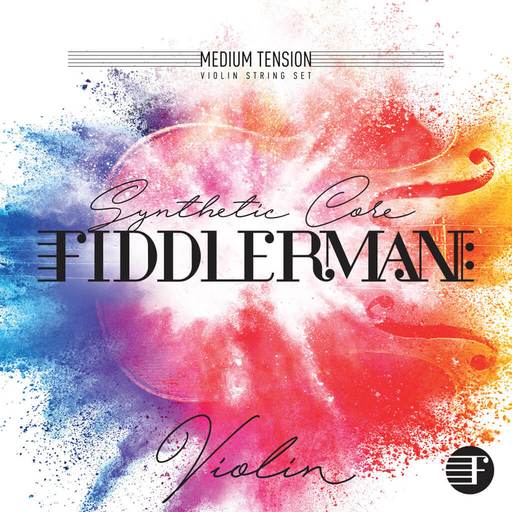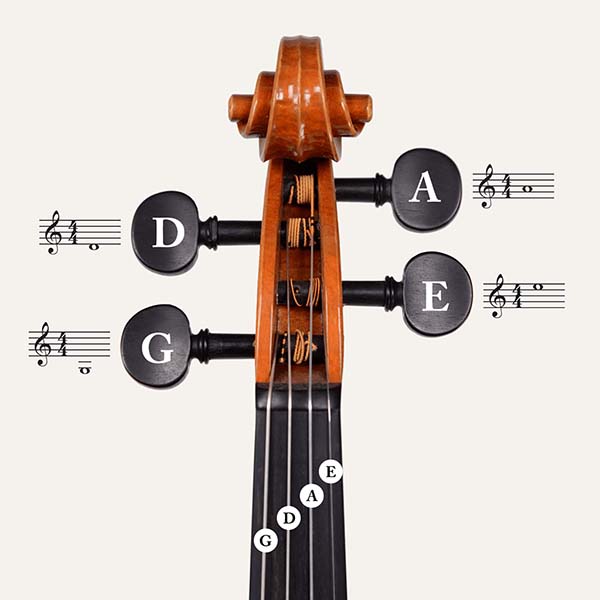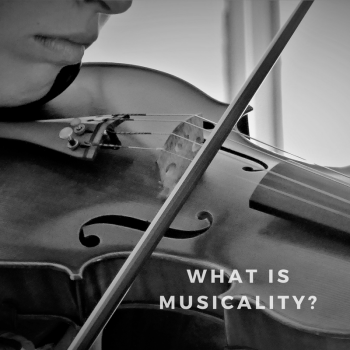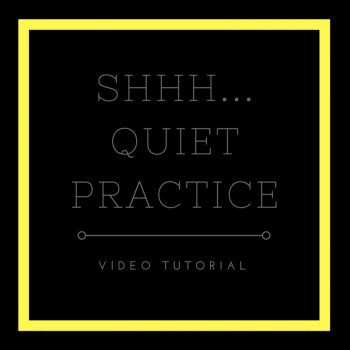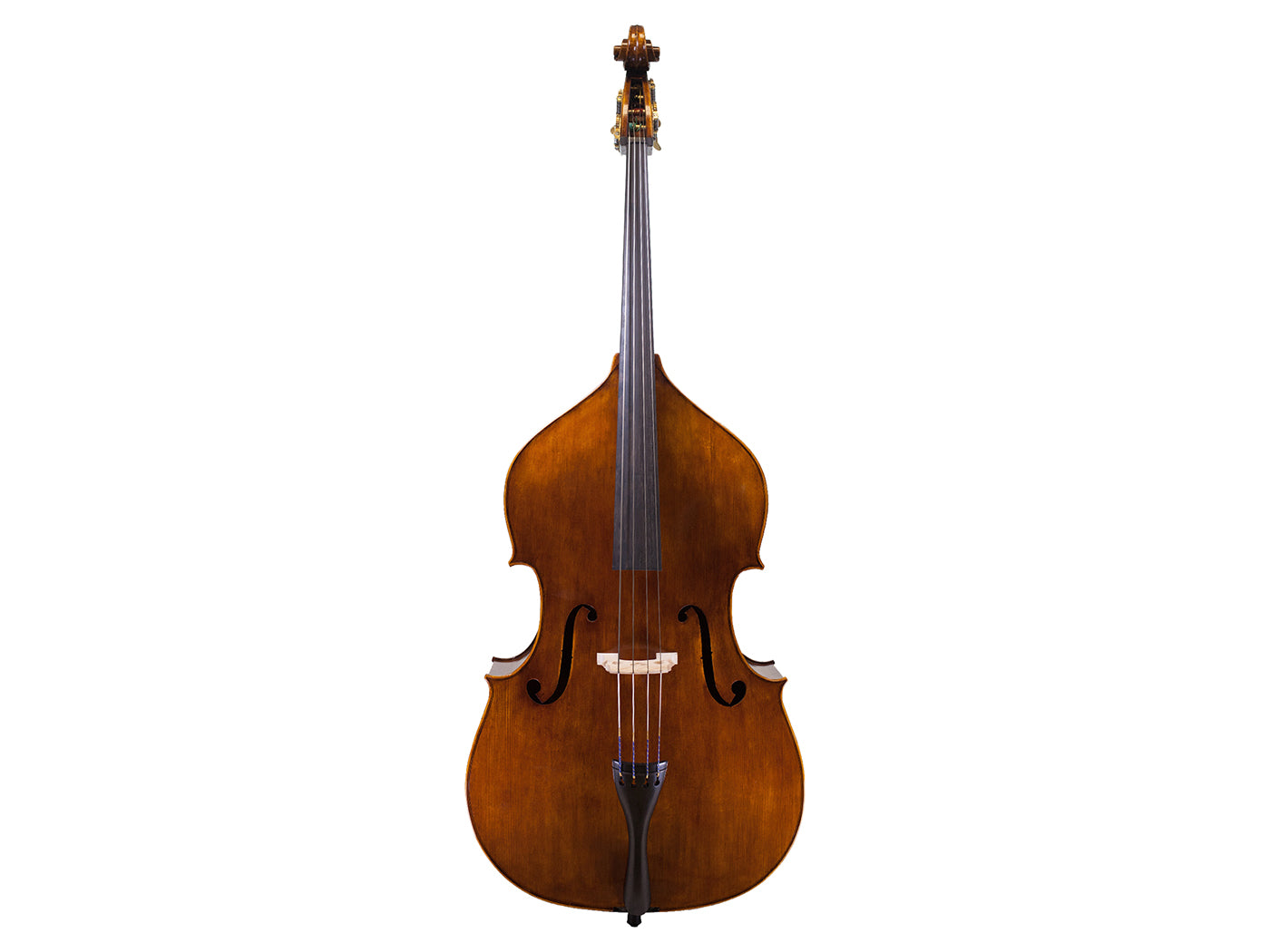
I bet when you hear the word "musicality," images of a passionate Joshua Bell, Maxim Vengerov, and Fiddlerman pop into your head. We often associate the term with "expression of emotion through music." While this is partly correct, we can go into further detail.
Has a teacher ever told you, "You need to play more musically?" While we all have an intuitive idea of what it means, it takes practice and lots of listening to translate the idea into our own playing.
Musicality is emotion. It is experession. However, a more accurate and specific definition is the ability to take one's technical knowledge of the instrument and create sounds which reflect the musician's and composer's internal emotional, imaginative, and musical intent.
Basically, when a person listens to you play, they get what you're trying to say. "I am happy." "I am sad." I am in despair." "My love is unrequited." And more...
And if you can't quite get them to understand exactly what you mean from your perspective, the next best thing is producing music which evokes a personal meaning within the listener.
Notes void of this "musical" quality will turn off the listener.
So, what are the elements of musicality? What gives the sheet music or sounds a musical quality?
For musicians, in general, you want to develop:
- Good rhythm and inner pulse.
- Intonation, or the ability to use imperfect pitches to enhance the music.
- Knowledge of the style, theory, and history of the music you're playing.
- Improvisation
- The ability to perform live.
- Reading music, but also playing by ear.
For string musicians, we want to develop:
- Our right hand, or the bow. Learning ways to move and control the bow to produce the sounds and tones we want.
- Left hand dexterity - to play more than one note at a time and to execute vibrato.
- Learning styles of different centuries and music to an accurate standard.
It's important to develop the above because our ears have identified these elements as pleasurable. Of course, there are musicians who come around and try something new. Opinions shift and now a new genre or style is born. But even then, new concepts are weaved into a solid rhythm base, good intonation, and understanding of theory behind music.
So, musicality is connected to technique. A person who neglects scales, can't control their bow and fingers, who doesn't add timbres and flavors to their music such as vibrato, spiccato, staccato, double stops, and more to their playing will produce sounds lacking in musical quality.

